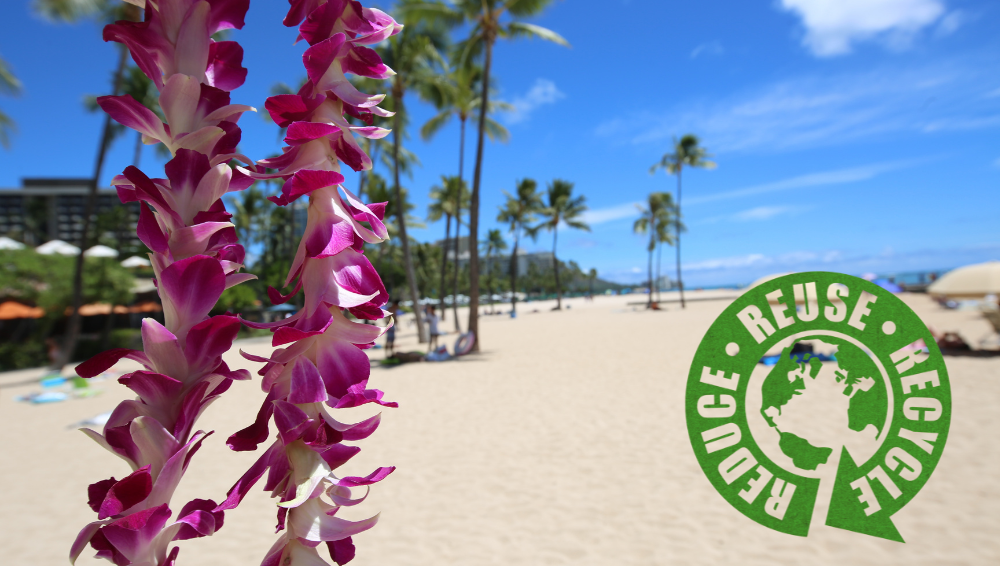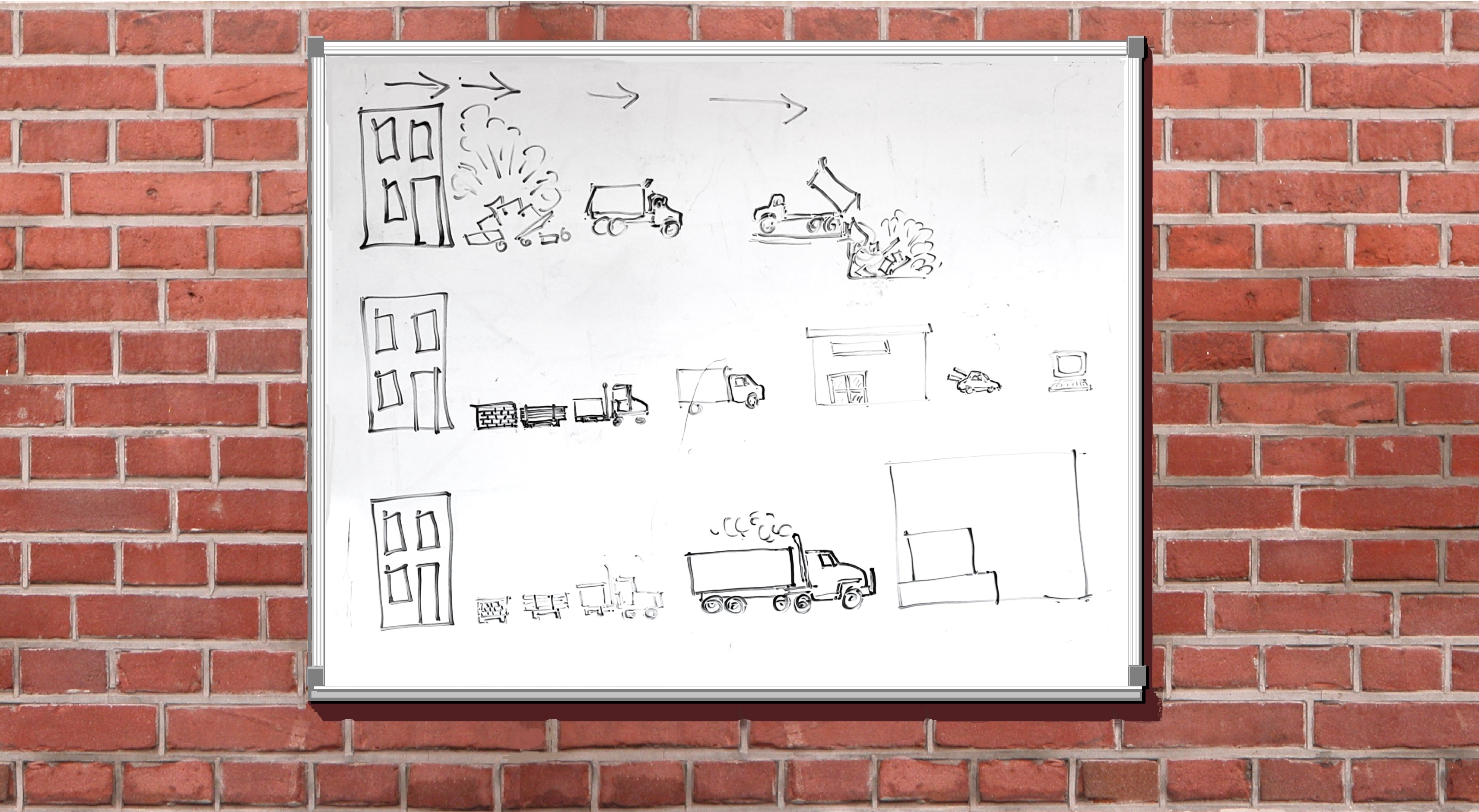Say Aloha to the Landfill. How Hawaii is Shifting to Re-Use!

Re-Use Hawaii Reimagines Refuse into Reuse
So you’re on an island with almost a million people. Garbage is dumped daily, but is it all really trash? What went to the landfill that could have been repurposed and reused? Since 2006, Re-Use Hawaii has been solving the increasing disposal, construction and demolition problem by transforming waste into a community resource.
Over the last few decades, a new industry of reuse, reuse, recycle, reclamation and architectural salvage is flourishing. Companies like Re-Use are forging an innovative stewardship as liaisons of salvageable refuse. Re-Use helps reclaim renewable items, thereby reducing the carbon footprint, creating new jobs in deconstruction and redistribution, and by providing workable inventory to thrifty and eco-conscious customers.
A Peak into Hawaii’s Population History
In 1900, the population of the Hawaiian Islands was 154,001. Imagine what this must have looked like… untamed, overgrown, lush, tropical forests as far as the eye could see with exotic birds and animals in abundance. Although the beauty of Hawaii endures, since Captain Cook’s discovery of the Islands in 1778, the impact European settlers had on the native Hawaiians and the Islands themselves forever changed their tropical seclusion.
As of 2022, the population has risen to 1,474,265. Suitably known as the Gathering Place, Oahu is the third largest island in the chain and the most populated. As of 2022, the population of Oahu alone reached 905,000.
The Hawaiian Islands became a U.S. State in 1959 and are now ranked 40th for population density by state. However, with a total landmass of 6,423 square miles, about 80% of the population resides on Oahu in 597 square miles. More so, most of those people reside Honolulu, an area of about 68 square miles.
Shifting Tides
As population density increases, simultaneously the need for infrastructure to support basic needs of human existence beckons attention. For years people have relied on landfills to relieve themselves of the burden of unwanted items, trash, and construction and demolition debris.
Since the onset of the Industrial Revolution and the ease consumerism has afforded us, humans have naturally become wasteful. The resources and systems provided have, over time, instigated habits which no longer judiciously serve humanity and the planet.
Re-Use Hawaii
Organizations like Re-Use Hawaii have stepped up to redesign human habits by providing a simple solution to adding demolition to landfills. Additionally, this process decreases dependency on outside sources, naturally increasing sustainability, and community resilience. New product production is reduced, thereby reducing energy output and carbon emissions.
Delicate and Detailed Deconstruction
Rather than demolishing a building with an excavator where everything is trucked to a landfill, Re-Use deconstruction takes time and care. It is a much slower process, often involving hand worked deconstruction. Re-Use’s goal is to recover and salvage the maximum about of material for reuse.
Benefits:
- Homeowners donating their deconstructed home receive a tax deduction on all salvaged items.
- Homeowners also save on disposable costs choosing deconstruction over demolition.
- Salvage items are available at Redistribution Centers open to the public as an affordable building material resource saving 30-50%. Some items are even free.
- The community keeps local products in the local economy.
- The carbon footprint is reduced by avoiding buying new materials being transported to Hawaii.
Re-Use Hawaii also accepts drop off donations, so there’s added benefit for those upgrading, renovating and redesigning spaces. Tax deductible donations will help offset the cost of new interior design work.
Innovative Stewardship Champions a Better Future
With over 2,600 landfills nationwide, according to the Environmental Protection Act (EPA), there is certainly room for growth in the reuse, deconstruction and salvage industry to help shift consumerism into conservationism.
Thanks to organizations like Re-Use, and of course ReCapturit, championing this new era of reuse, our shift toward sustainable choices become more accessible and easier.


